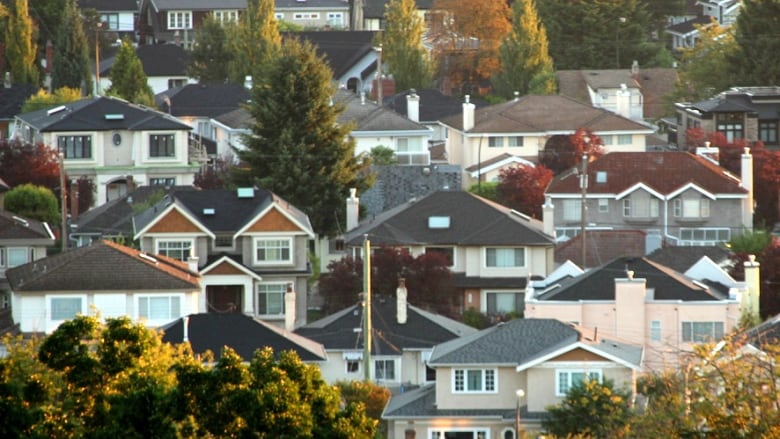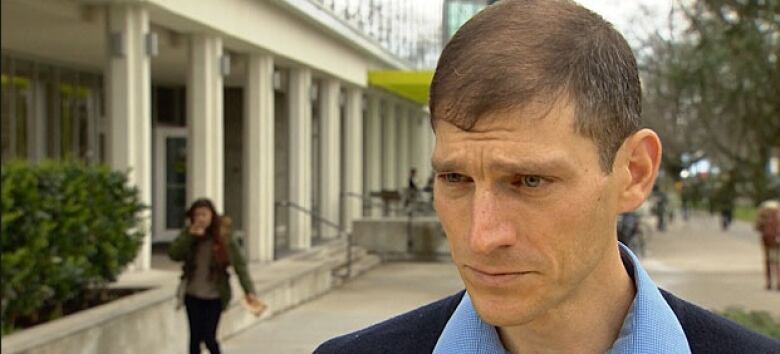Economist pleased to see measures he proposed included in B.C. speculation tax
'The government has gone a bit higher than we suggested,' UBC prof Tom Davidoff says

They changed the name of thetax, but UBCeconomistTom Davidoff waspleased to see the measure he helped devise largely adopted inthe B.C. government's speculation tax.
Davidoff was one of three lead authors who,in 2016, proposed aa 1.5 per cent surcharge on Lower Mainland homes whose owners don't pay income tax in the provinceand called it theB.C. Housing Affordability Fund.
"I was very happy to see that the speculation tax as it was defined in the budget sounded a lot like what we called our B.C. Housing Affordability Fund," said Davidoff, an assistant professor ofreal estate economics at the UBCSauder School of Business.
But many second-home owners from B.C. and Albertaare not happy aboutthe prospect of paying potentially thousands annually under the new tax.
Thetax will applyto non-resident B.C., Canadian and foreign owners of residences in Metro Vancouver, the Fraser Valley and regional districts in Nanaimo and Victoria, along with Kelowna.
Tom Davidoff spoke with On the Island host GregorCraigie about the reaction and the problem of what he calls'bargain-basement' property tax rates in Vancouver and Victoria.

GregorCraigie:What do you think of theB.C. government's speculation tax?
The government has gone a bit higher than we suggested (Davidoff'sB.C. Housing Affordability Fund proposed 1.5 per cent).
If you add in about .3 to .6 per cent, depending on the municipality local property tax rate, you're looking at a 2.5 per cent property tax bill. That's pretty hefty.
Do you think this tax will help with vacancy rates or lowerhousing costs?
I think it very much depends on the market ...They painted with a very broad geographic brush.
If you live on one of the islands where there's vacant lots here and there, and there's not a problem of housing the locals,to have a second home there, I think it's hard to argue in certain cases that that's having an impact on affordability.
I think anyplace where this is applied, we're going to see a lot of people rent out the property or sell it to a local, which was, of course, largely the idea.
What do you think of the concerns from property owners who feel the tax is unfair?
Our property tax rates are incredibly low.
Wehave a tax system today that says, "come here to buy property, but we're really going to hit you with the taxesin income and sales taxes, if you live and work here."
And what does that do? It just encourages people to buy property as second homes, because it's tax smart to buy a second homebut not so smart to live and work in the province.
When you compare superstar cities in North America like San Francisco, New York, Boston, Washington D.C., Chicago;property taxes are much, much higher.
How important is itfor the B.C. government to be flexible about the tax rates and who it applies to?
I think the more important thing is to be transparent about exactly what the motivation is.
There's no reason to charge bargain-basement property taxes to people who have the luxury to own a vacation home in those markets.
And to be clear, the key is to provide affordability for locals and have a sensible tax system that rewards work and does not reward buying homes and leaving them empty most of the year."
This interview has been edited and condensed.
With files from On the Island with GregorCraigie












_(720p).jpg)


 OFFICIAL HD MUSIC VIDEO.jpg)
.jpg)



























































































